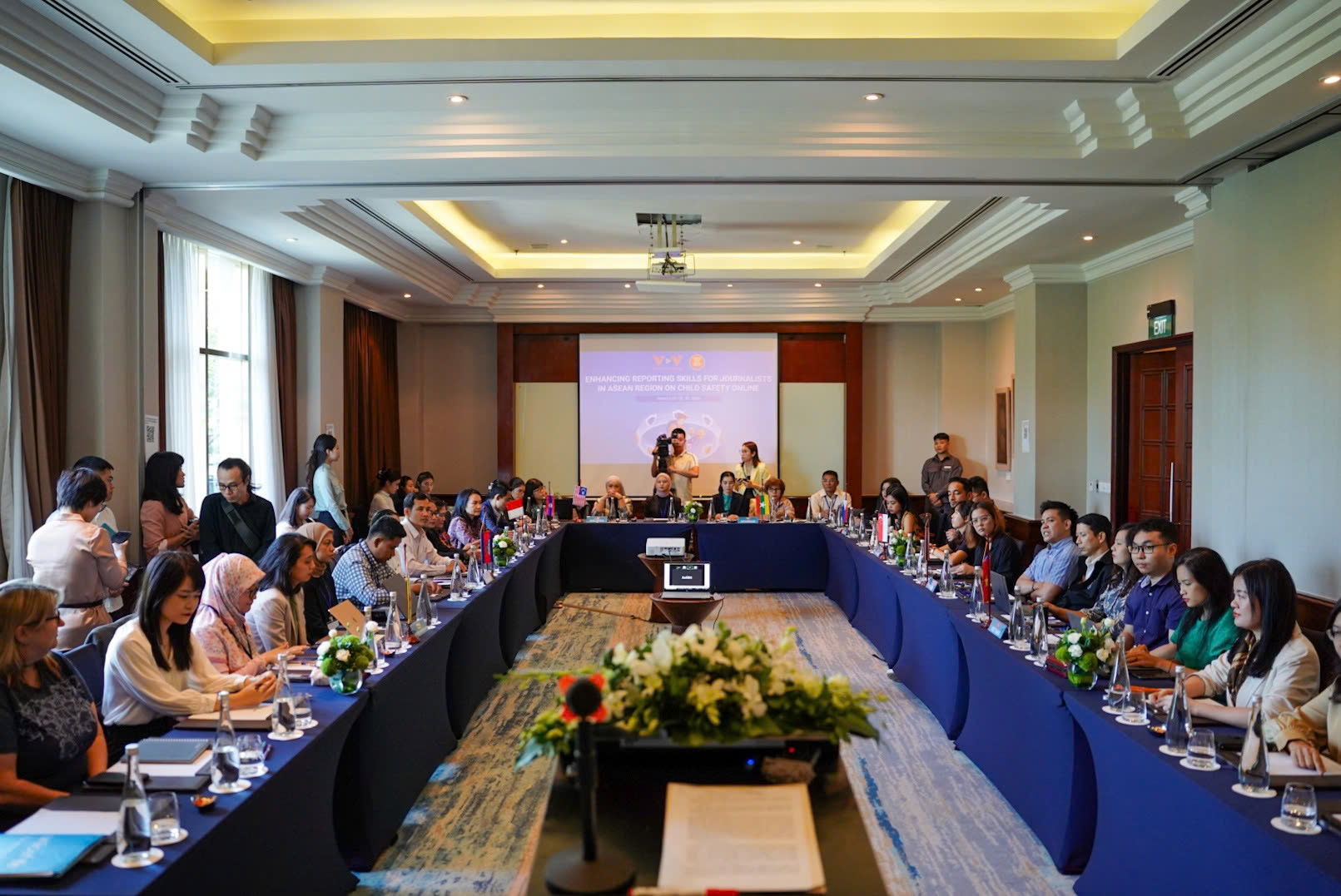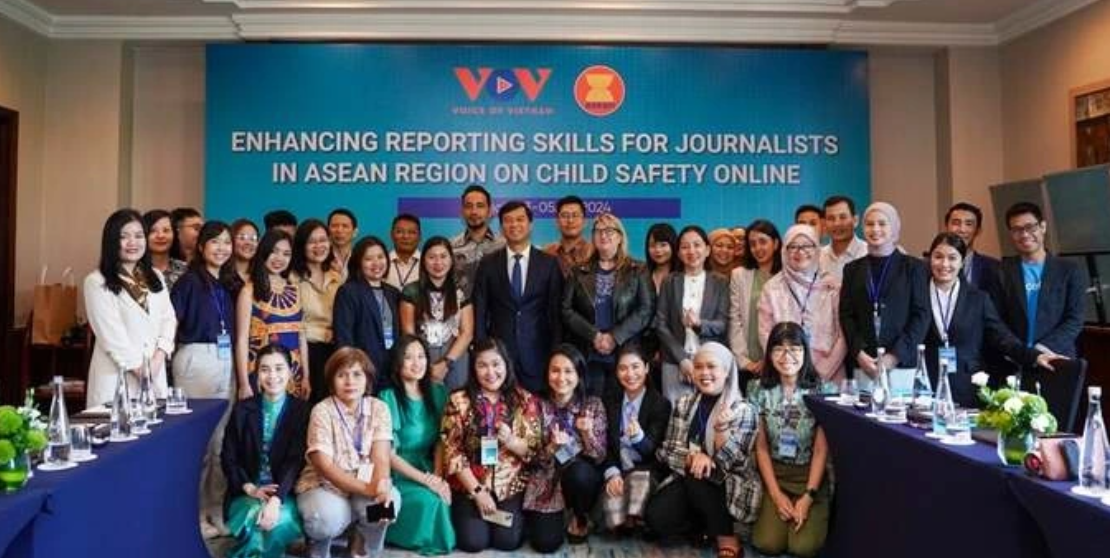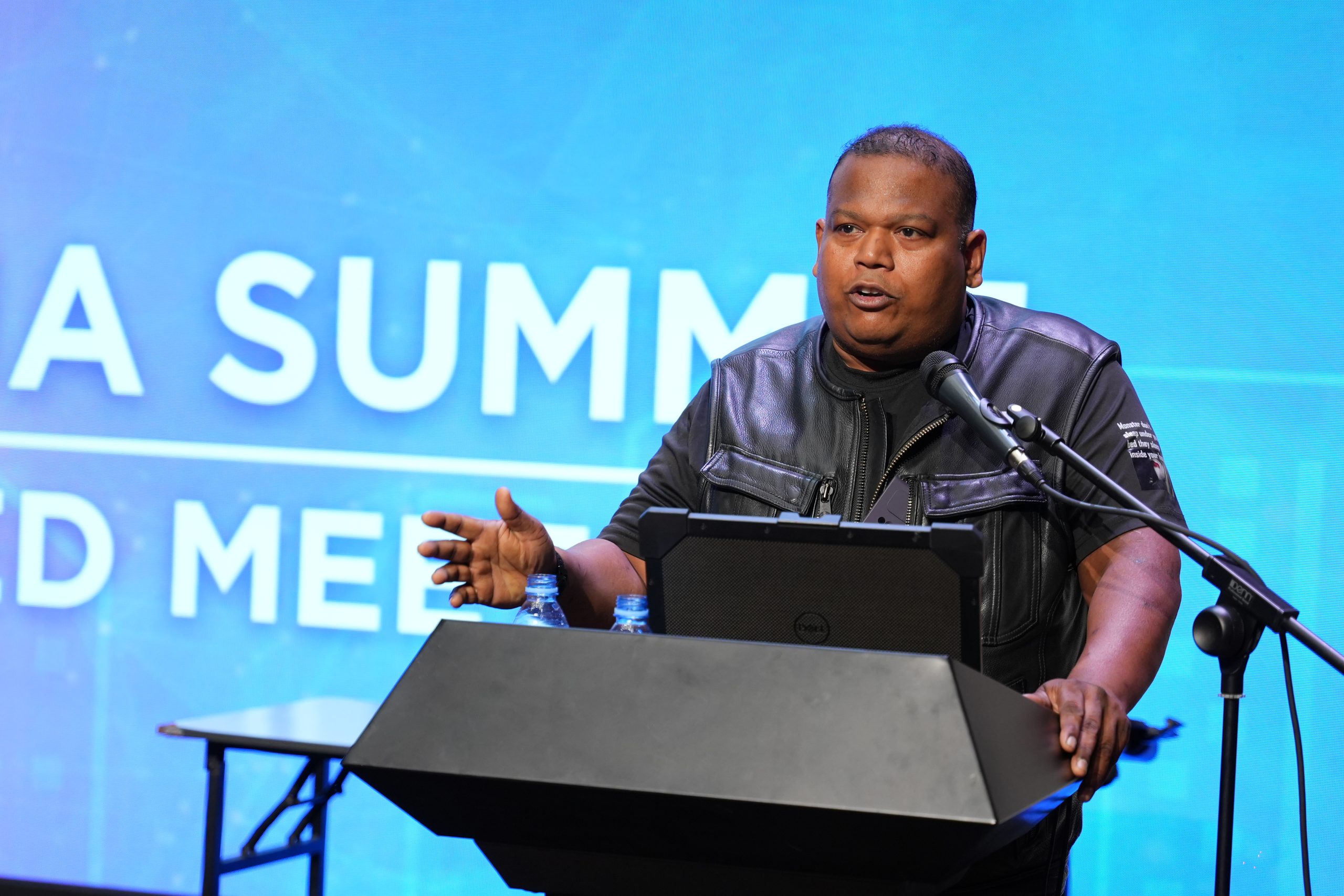Unlocking One’s Creativity to Produce Impactful Content
Mr Steve Ahern, Chief Executive Officer of AMT Consultancy Pty Ltd, Australia, talked on creating compelling new media content that starts with unlocking one’s creativity.
“Creative people never accept the first answer and think of lots of alternatives”, Mr Ahern told participants attending the AIBD/Radiodays Pre-Summit Workshop on Creating Impactful Content in the Digital Era held in Siem Reap, Cambodia on 11 June 2019.
In his presentation, Mr Ahern urged broadcasters “to clear their mind from the daily grind, forget their business and focus more on the customers”.
He said it is important to find out what the customers’ problem is and how this can be solved.
In unlocking one’s creativity, Mr Ahern also suggested to keep drawing and doodling.
In writing, he told broadcasters to just start writing, even if this is rubbish until the right thing comes.
“Go for a walk and think about the idea first… don’t sit and type. Use a stimulus… capture first words”, he said.
He also said that when thinking creatively these days, broadcasters must think across all platforms.
Identifying Audience Needs for Impactful Content
Another speaker was Ms Gemma Hayman, Country Director, BBC Media Action Plan, Cambodia, who spoke about the production of impactful content to achieve positive human development outcomes.
She presented two case studies in Cambodia that use media and communication for this purpose. These are ‘Klahan9’ that uses social media to improve young people’s employment prospects, and the other is ‘Neighbours Together’ which helps build resilience to the effects of climate change.
Both programmes are supported by BBC Media Action Plan and the Swedish government, in partnerships with local NGOs, media and government.
In her presentation, she cited the importance of both quantitative and qualitative research to understand audience needs to be able to produce impactful content in specific media platforms.
“ We go beyond providing information. We want to know how people feel and think so that we can help them change behaviour”, Ms Hayman said.
At the end of the workshop, participants shared their takeaways from the presentations and discussions.
About 20 participants from Asia Pacific attended this one day workshop.





